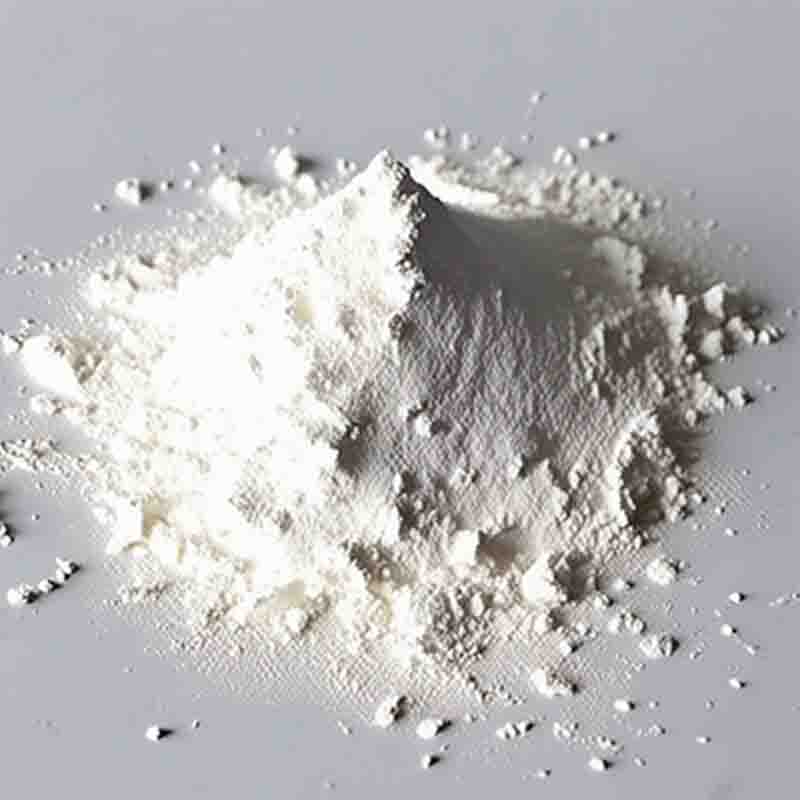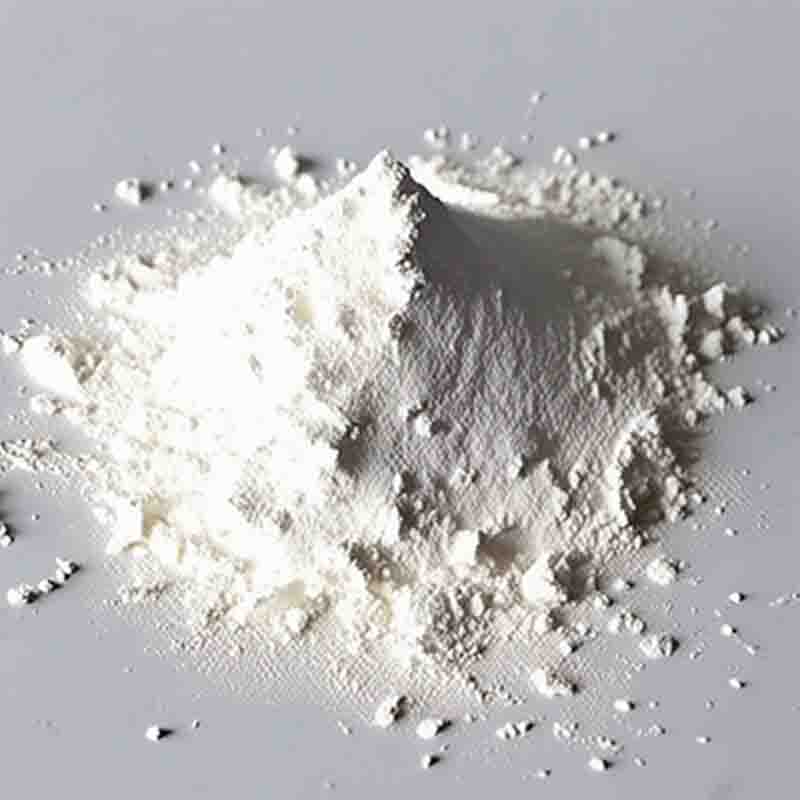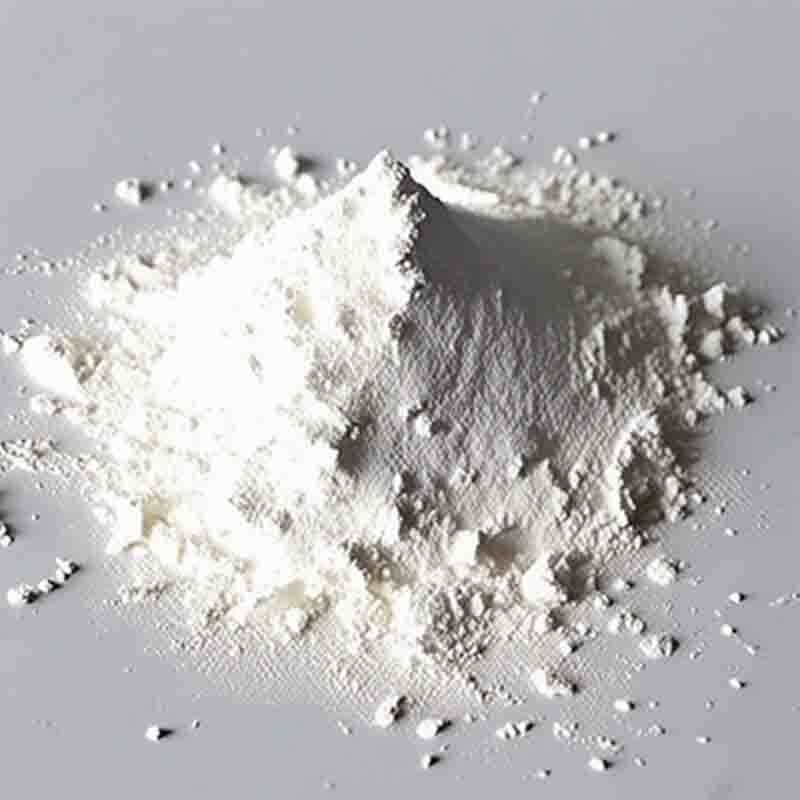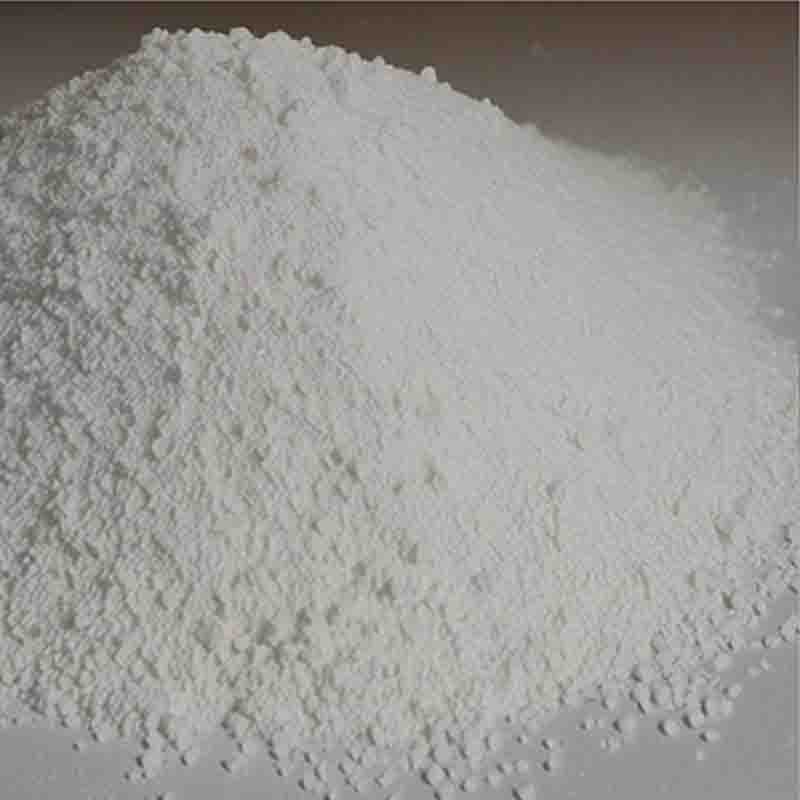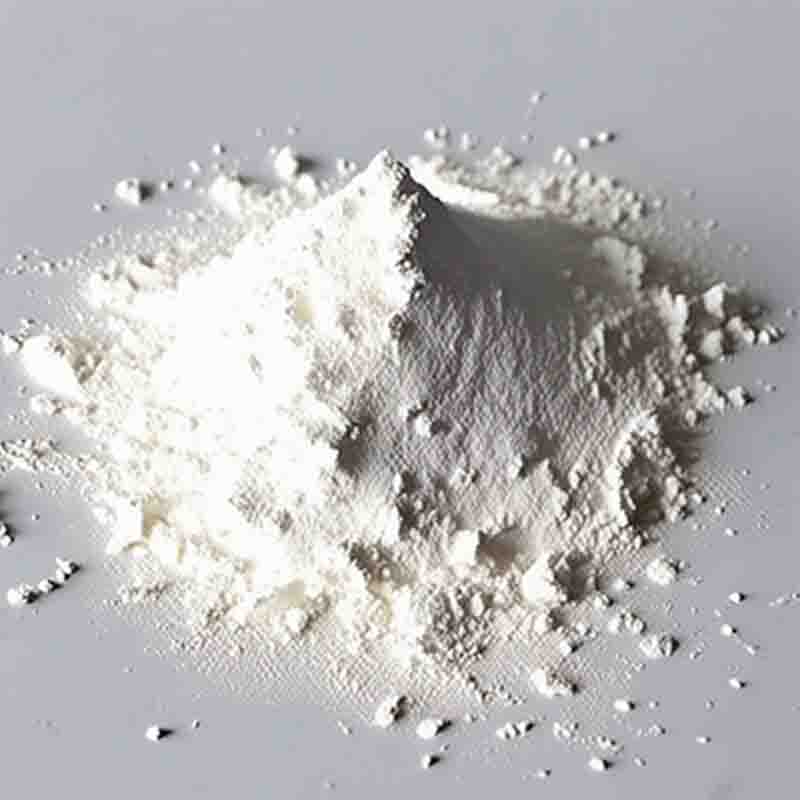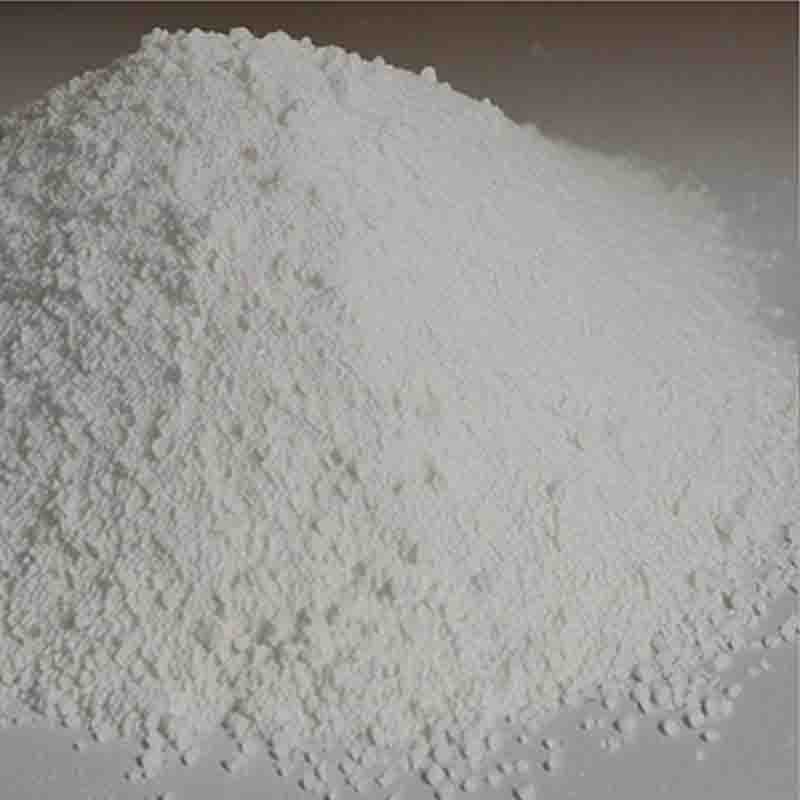DICHLOROTRIS(1,10-PHENANTHROLINE)RUTHENIUM(II) HYDRATE CAS: 207802-45-7
| Catalog Number | XD94456 |
| Product Name | DICHLOROTRIS(1,10-PHENANTHROLINE)RUTHENIUM(II) HYDRATE |
| CAS | 207802-45-7 |
| Molecular Formula | C36H36Cl2N6O6Ru |
| Molecular Weight | 820.68 |
| Storage Details | Ambient |
Product Specification
| Appearance | White powder |
| Assay | 99% min |
Dichlorotris(1,10-phenanthroline)ruthenium(II) hydrate, also known as Ru(phen)3Cl2·xH2O, is a ruthenium complex that has been widely utilized in various fields, including catalysis, photovoltaics, sensors, and luminescent materials. It consists of a ruthenium metal center coordinated with three phenanthroline ligands and two chlorine atoms, with the inclusion of water molecules.One of the primary applications of Ru(phen)3Cl2·xH2O lies in catalysis. This complex acts as a robust catalyst in a range of organic transformations, including oxidation reactions, hydrogenation, and carbon-carbon bond formation. Its ability to efficiently catalyze these reactions stems from its redox-active nature and coordination chemistry. For instance, Ru(phen)3Cl2·xH2O can carry out oxidation reactions by accepting electrons from the substrate and transferring them to an oxidizing agent, allowing for the conversion of various organic molecules.Furthermore, this ruthenium complex demonstrates excellent performance in the field of photovoltaics. It can serve as a sensitizer in dye-sensitized solar cells (DSSCs), which are a type of solar cell that converts light energy into electrical energy. In DSSCs, Ru(phen)3Cl2·xH2O absorbs light and transfers the resulting energy to the semiconductor layer, generating a flow of electrons and contributing to the overall efficiency of the solar cell.Additionally, Ru(phen)3Cl2·xH2O has been employed as a luminescent marker in various applications. Due to its unique photophysical properties, including efficient emission of visible light and long-lived excited states, this complex is utilized as a fluorescent probe in biological imaging, DNA detection, and sensing applications. Its luminescent properties can be further enhanced by modifying the structure of the phenanthroline ligands or incorporating other functional groups.Moreover, the unique coordination chemistry of Ru(phen)3Cl2·xH2O makes it a promising candidate for developing chemical sensors. By modifying the phenanthroline ligands or introducing specific functionalities, the complex can be tailored to selectively interact with target analytes, leading to color changes, fluorescence quenching, or other detectable signals. This makes it highly useful in the field of sensor technology, where it can be employed in the detection of metal ions, small molecules, and biological analytes.In summary, Dichlorotris(1,10-phenanthroline)ruthenium(II) hydrate (Ru(phen)3Cl2·xH2O) is a versatile compound with applications in catalysis, photovoltaics, luminescent materials, and chemical sensing. Its versatility stems from its ability to mediate various chemical reactions, act as a sensitizer in solar cells, emit visible light, and selectively interact with target analytes. Ru(phen)3Cl2·xH2O plays a crucial role in advancing several areas of research and technology, including renewable energy, molecular imaging, and analytical chemistry.




